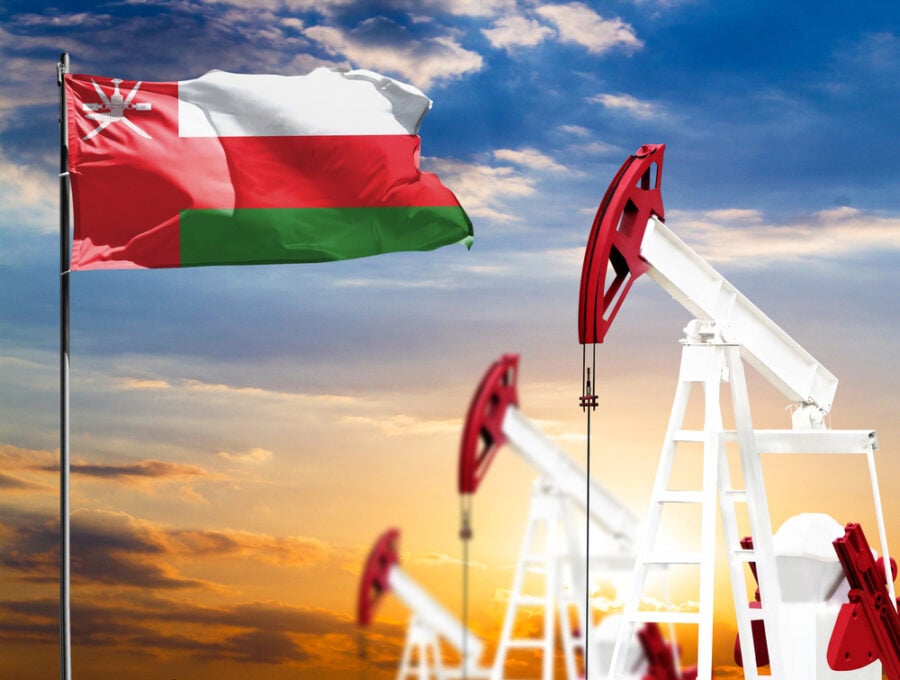Emirates National Bank (NBD) revised upwards its forecast for the main GDP growth in the Sultanate of Oman due to the significant rise in its oil and gas production. It expected the Omani government to use the unexpected increase in oil revenues this year to reduce debt stocks and boost investment in strategic projects.
The bank said that Oman’s oil production has averaged 1.05mn b/d in the first five months of the year, achieving the target that the government had set out to reach by year-end. Crude oil production in Jan-May is already 7.6% higher than 2021 production, and if the May level of output is maintained through the rest of the year, then full-year oil production will be almost 9% higher than in 2021.
As a result, the bank revised its forecast for 2022 oil and gas GDP growth to 7.0% from 5.0% previously. With non-oil sector growth also expected to accelerate to 3.3% this year from 2.2% in 2021, it now forecasts headline GDP growth in Oman at 4.6%, up from 4.0% previously. This is broadly in line with the IMF’s 4.5% GDP growth forecast, published at the end of a staff visit in June. “However, if Oman continues to boost oil production through H2 2022, there are upside risks to this growth outlook,” the bank warned.
Budget
Taking into account our higher oil production estimate for this year, the bank now expects the fiscal surplus to reach OMR 2.4bn (5.7% of GDP), compared with the deficit of -3.7% in 2021 and a significant improvement on the much larger deficits that Oman had run from 2015-2020.
Monthly budget data from January to April show that spending has been relatively contained despite the sharply higher revenues achieved. Total budget spending was up just 4.3% y/y in the first four months of 2022, compared with a 47% increase in total budget revenue. The budget recorded a surplus of OMR 315mn over the period.
The government is expected to use the oil windfall this year to reduce the stock of debt and boost investment in strategic projects. The IMF expects central government debt to decline sharply to 45% of GDP this year from 63% in 2021, which would be a significant strengthening of the balance sheet and improvement in debt sustainability.
Inflation
CPI inflation in Oman has slowed this year on an annual basis, falling to 2.4% y/y in May from a peak of 4.4% y/y in January 2022, as last year’s VAT increase is now in the base. Food prices have increased by around 5% y/y in May, but this has been offset by very little inflation in the other components of the consumer basket. The bank expects inflation to average 2.7% in 2022, up from 1.6% in 2021.








